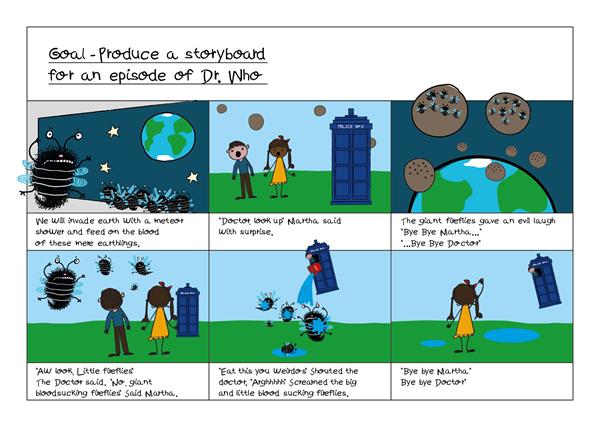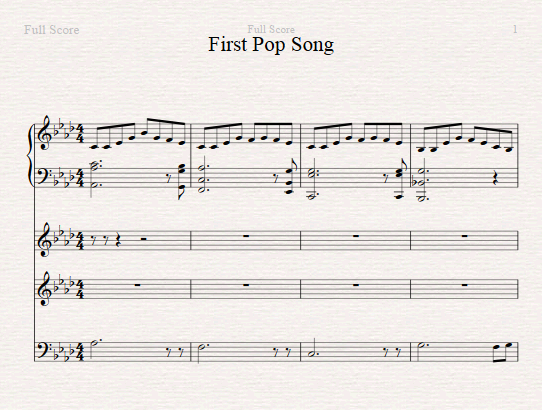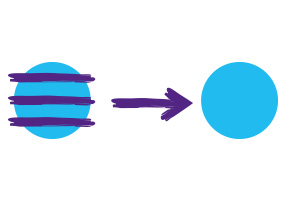What is abstraction?
Abstraction is about simplifying things – identifying what’s important without worrying too much about detail.
A school timetable is an abstraction of what happens in a typical week. It shows key information about classes, teachers, rooms and times but ignores further layers of detail such as learning objectives and activities.

A class timetable is an abstraction of the school day for one class.
Much is omitted, to provide a simplified summary.
Why is abstraction important?
Abstraction allows us to think about things to different degrees of detail. It’s a powerful tool in computer science, where it’s used to manage the complexity in much of what’s designed and created.
We can think of abstractions as layers, or boxes within boxes, allowing us to disregard what’s going on inside each of them. Software comprises layers of code, each hiding the complexity of the next. We can see items of hardware as “black boxes”, disregarding their internal workings unless we choose to look deeper.
What does abstraction look like in the curriculum?
Working with word problems in maths often involves identifying key information and thinking how to represent it in the more abstract language of arithmetic. A book can be abstracted to a story plan. Music is abstracted to notation. Models are abstractions. In geography, a map can be considered an abstraction of the complexity of the environment, and maps of different scales provide a sense of the layered nature of abstraction in computing.
Pupils can also gain experience of abstraction when playing computer games, appreciating that these interactive simulations are based on real life but are simpler.

A story plan summarizes a story, providing an abstraction of the story which shows just its key features.

Music is abstracted to musical notation.

